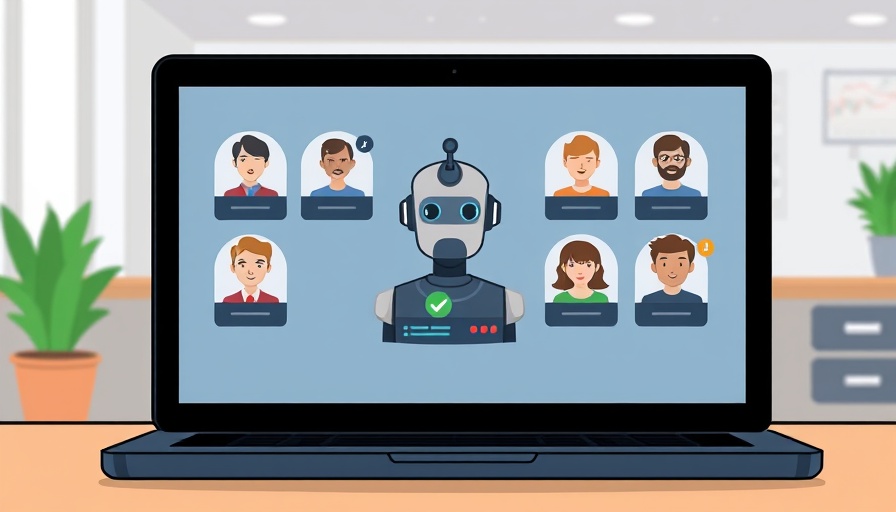
AI: The New Reality for Job Seekers
OpenAI CEO Sam Altman has stirred significant conversations in the job market, highlighting the rapid advancements in artificial intelligence. His assertion that AI can already perform tasks traditionally reserved for entry-level employees and even achieve capabilities akin to those with PhDs has raised eyebrows and sparked concern among recent graduates. With rising unemployment rates and a competitive job market, young people are increasingly wondering what their future holds as they embark on their careers.
The Impact of AI on Job Projections
During a recent podcast, Altman elaborated on the striking capabilities of AI, likening it to a top programming competitor or an expert in complex math challenges. These revelations indicate that the job landscape is dramatically shifting. Companies have begun announcing cutbacks in their workforce in response to AI advances—a trend exemplified by recent layoffs at major firms like Amazon. Dario Amodei, CEO of Anthropic, went so far as to suggest that AI advancements might decimate up to half of all entry-level white-collar jobs.
Job Market Realities for Graduates
The most recent data reveals an alarming statistic: the unemployment rate for recent college graduates surged to 6.1% in May, with some sectors experiencing even higher rates. Notably, fields closely linked to AI, such as commercial art, graphic design, and computer engineering, have witnessed unemployment rates surpassing 7%. This turbulent environment creates an uphill battle for new graduates eager to prove their worth in a challenging job market.
A Glimpse of Hope in Tough Times
As daunting as these circumstances may seem, there’s a silver lining. Experts assert that while the market is tough, it provides an opportunity for young people to refine their skills and specialize further. Art Zeile, CEO of Dice, a tech career platform, emphasized that this is not the time for panic. “This moment encourages potential employees to enhance their skill sets and enter the workforce prepared for a more specialized job environment,” he noted. By focusing on niche skills tailored to AI-infused job markets, graduates can set themselves apart.
Skills to Cultivate In This Changing Job Landscape
To succeed in this new reality, graduates should consider refining their technical skills, particularly in AI and data analytics, areas that will likely see growth. Courses in machine learning, coding, and data interpretation can enhance job prospects. Furthermore, soft skills such as adaptability, creativity, and communication will continue to be invaluable, distinguishing human employees from AI capabilities.
Networking: A Vital Tool for Job Seekers
In addition to skill acquisition, graduates are encouraged to actively network within their desired industries. Connections can lead to job opportunities and mentorship, a crucial aspect of developing a career in today's landscape. Participating in community events, online forums, and social media groups can foster relationships and provide insights that facilitate a successful job search.
Staying Positive Amid Challenges
For many recent graduates, the situation feels disheartening, but it is essential to maintain a positive outlook. Embracing lifelong learning and remaining open to various career paths can uncover unexpected opportunities. As we navigate this new job market shaped by AI and other technological forces, resilience and proactive approaches will be critical for achieving career success.
In conclusion, the world of work is rapidly changing, and while AI brings challenges, it also offers paths for growth and innovation. By honing in on their skills and leveraging connections, graduates can still thrive in this competitive environment. Let’s explore these opportunities together and remember, the future is what we make of it!
 Add Row
Add Row  Add
Add 




Write A Comment